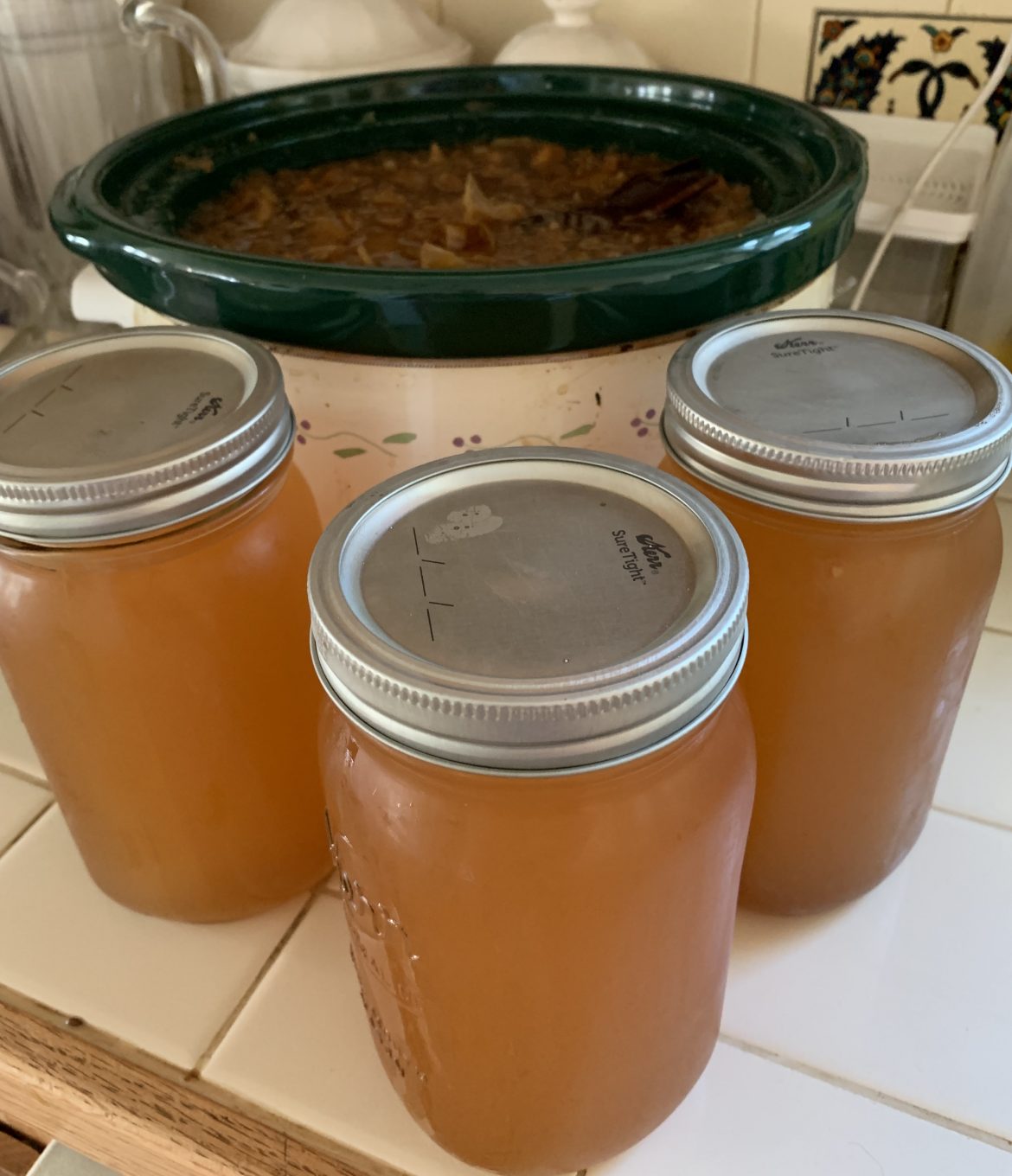Editor’s Note: The following reflection has been excerpted from Meditation Monday – Learning Hospitality from Psalm 23. The accompanying recipes are from Happy St Nicholas Day and Breathe In The Fragrance Of God – Making Apple Cider As Spiritual Practice. We hope you enjoy this series of seasonal hospitality reflections and recipes!
As American Thanksgiving, Advent and Christmas approach, our world seems more divided than ever and many families are finding it hard to gather without becoming embroiled in heated political discussions. Some have even ditched family gatherings as a result. It seems like a good time to turn to the Bible for some advice on how to do hospitality and to give thanks at this season.
Hospitality in ancient Palestine was more than a courtesy extended to friends and travellers. It was the means that villages used to determine if strangers were friends or enemies, a threat or an asset to the community. Extending hospitality by providing food, water and shelter was a way to temporarily adopt strangers into the community and hopefully convert a potential threat into a friendly alliance. Sometimes oil was poured over the head of the stranger as a sign of welcome.
It is probable that it was these customs that David referred to in Psalm 23:
You prepare a feast for me
in the presence of my enemies.
You honor me by anointing my head with oil.
My cup overflows with blessings. (Psalm 23:5)
In this verse David is probably not talking about God preparing a banquet for us to eat while our enemies sit around with empty stomaches drooling over the lavish food we are enjoying. This is a verse that speaks of the ancient practice of hospitality, an invitation to sit down and enjoy a meal with strangers and those we perceive as a threat, an encouragement to seek for understanding and reconciliation rather than division and hatred.
…
We live in a world of great division where there is much necessity for all of us to sit down over a meal with those we disagree with and see as a threat. As you think about this what comes to mind? What situations are you currently facing that might be defused by sitting around the table during the thanksgiving or Advent season and sharing a meal? Where have you seen God prepare a feast that has brought enemies together and overcome fears and disagreements? How could you prepare a meal “in the presence of your enemies” and offer open hospitality to those you disagree with?
In Jesus’ day this kind of hospitality was considered more than a commandment. It was a sacred obligation, filled with the joy of serving both others and God. Those that did not extend hospitality to orphans, widows and the homeless could be rejected. Like early monastics and Celtic Christians, Jews believed that sometimes in welcoming strangers they welcomed angels into their midst.
Jesus repeatedly demonstrated his joy in offering hospitality as he fed the crowds, sat down with tax collectors and shared a passover meal with his disciples. Even after his death he came back to share meals as a way to communicate his message of salvation and hope.
As I thought about this today, the picture that came to me was of Jesus seating and eating that last meal with Judas. Then I saw him get down and wash Judas’s feet. He must have realized that Judas was about to betray him, but he still reached out in embrace not division. I wonder if he hoped that through this gracious act of hospitality towards him Judas would change his mind.
…
As we move towards Thanksgiving (at least here in the U.S.) Advent and Christmas think about the people you disagree with, want to exclude or think are about to betray you. How could you reach out with radical hospitality to them at this season? Sit with your eyes closed and listen to this version of Psalm 23. What names come to mind? Perhaps it is someone like Mary, an unwed mother who could have been thrown out by her family. Or someone like the shepherds, despised by the society around them yet welcomed to the manger. Or the wise men, foreigners like immigrants, refugees and those of other religions. What are the first steps you need to make to reach out in a spirit of hospitality and reconciliation? How could you embrace the radical journey of hospitality?
~ ~ ~
St Nicholas Soup
2 ounces butter or margarine
2 leeks or onions
4 medium-sized carrots
3 turnips
4 potatoes
half a medium-sized head white cabbage
1 teaspoon salt or more, according to taste
4 quarts water (editor’s note: you may want to use less water)
croutons (see recipe below)
1/3 cup minced chervil, chopped
Wash and peel the vegetables. Slice them into small pieces. Melt the butter in a large soup pot. Add the vegetables and salt and stir a few times. Turn off the heat, cover the pot, and let it rest for about 15 to 20 minutes. Add the water and bring the soup to a boil. Reduce the heat to medium-low, cover the pot, and allow the soup to cook slowly for about 30 to 40 minutes. Stir from time to time. When the soup is done, blend all of it in a blender until it becomes creamy and even. Serve hot, adding some croutons to each bowl and sprinkling some chervil on top. 6–8 servings.
Croutons:
6 tablespoons olive oil
2 garlic cloves, minced
6 slices French bread (or Italian, or any other of your choice), sliced in cubes
dash each of dried thyme and dried parsley
Pour the oil into a pot, add the garlic, bread cubes, and herbs. and sauté them over low heat for 3 to 5 minutes. Stir and turn constantly. Remove the croutons and keep them in a lightly warm oven until you are ready to use them. Croutons are especially useful as garnish in thick, creamy soups
~ ~ ~
Apple Cider Recipe
There are many recipes online for home made apple cider, but many of them are too sweet for my taste. They also tend to use a much lower apple to water ratio and I find that using more apples gives a much tastier flavour and you don’t need to add honey or sugar. I like the slow cooker method because you don’t have to stand over it and stir it, another big plus for busy people.
Fill your slow cooker about 1/2 inch below the top with apples – about 15 medium size apples for a 6 quart pot.
Add water until the apples are just covered.
Add 2 cinnamon sticks, 6 cloves and other optional spices 1 teaspoon nutmeg and allspice
Turn cooker on low for 8 hours (perfect for overnight so that you wake up to a wonderfully fragrant house).
Mash apples with a potato masher.
Cook for another 2 hours.
Allow to cool (easier to handle).
Filter through cheese cloth, squeezing all the juice out of the cloth.
Bottle (can) – makes about 3 1/2 quarts.
It will remain good for 24 hours on the counter, 1 week in the fridge or process in a canning pot. I stored my first batch in the fridge and reheated the mixture as I make 2 batches to fill my canner. Fill 7 quart jars, screw on lids and place in canner. Cover about 1 inch above lids with water. Boil for 20 minutes. Cool and check the seals before you store. I like to keep my jars out on the counter for 24 hours to make sure they really have sealed before I store them away.
Just a few months away and it will be time to celebrate Advent and Christmas. Let Godspace be a resource to you as you prepare! We have many devotionals, gifts, prayer cards, free downloads, retreats – and more – to offer. Check it out in our shop under the category of Advent!


